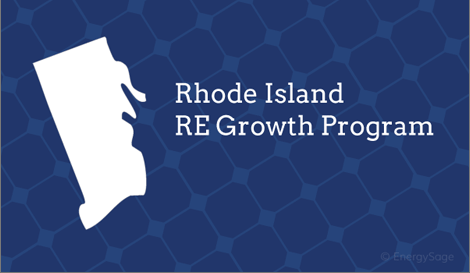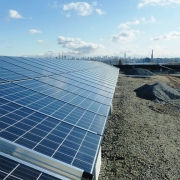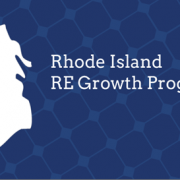
More people are deciding to go solar every year. Going solar will reduce or eliminate your electric bill, earn a good return for your investment, increase your property value, protect against rising energy costs, and protect the environment by cutting your consumption of non-renewable energy.
Second Generation Energy installs solar panels in Rhode Island and Massachusetts. If you live in Rhode Island, you have special solar incentives to go solar that a resident or commercial property manager can negotiate during the installation process. The Renewable Energy Fund (REF) Commercial Development Program offers a cash grant for homeowners and businesses that install renewable energy systems depending on the size of the system being installed. These grants can cover up to 30% of the installation costs. There are applications for commercial and residential projects on the Rhode Island Commerce website.
Net-metering is a regulatory policy for systems above MW in size that allows electricity users to gain credit for delivering extra electricity to the utility. Net-metering systems must be sized to meet the need of on-site loads, based on the three-year average of electricity consumption of the company. Virtual Net-Metering allows eligible customers to connect to an electric load that is not located on their property. Customers are eligible to up to 10 MW per project site. Customers of this program include state agencies, municipalities, public housing authorities, schools, non-profits, and more.
There are also incentives in Rhode Island for solar panels installations that are located on Brownfields sites, or sites in previously contaminated and in the process of remediation. In March 2019, the state designated $1 million for eligible sites. This funding comes from the state’s participation in the Regional Greenhouse Gas Initiative. Indeed, the state has been listening to concerned citizens and environmental advocates about encouraging more solar energy in the state.
Rhode Island offers the offers the Renewable Energy Growth program (REG), one of the most well-known solar incentive programs. It offers a fixed dollar-per-kilowatt hour payments for the energy you produce over a 20-year term. The owner of the system has agency in how the money is collected. The program is competitive however, though your solar installation company can help you through the process. REG solar systems do need to be installed within certain parameters to receive the correct amount of credits, so the solar installer will know how to properly set that up. Customers who would like to install more solar panels in addition to their preexisting panels can be enrolled in multiple credit programs. You can also use a meter that is set up on a site located away from the site that has the panels if that would be the best option. For example, for roadside-mountain meters instead of building-side mounted meters.
The Rhode Island Commercial Property Assessed Clean Energy Program (C-PACE) is a financing program for owners of commercial and industrial buildings for improvements on energy efficiency. It is designed to be self-sustaining, including applicants that cover the cost of sustaining the program, while administering development of energy technology that saved applicants money in turn. Applicants can work with many capital providers at competitive rates and repayment terms that are generally around 25 years, consistent with the lifeline of the improvements they make, like adding solar. The financing is assessed through municipal taxes and paid over the entire financing term. These owners will modernize their structures, bringing them into the 21st century. They will lower their long-term operational costs, increase building value, and most enjoy a positive cash utility flow! The C-PACE Program also creates more green jobs and advanced public policy to encourage more “green” infrastructure, reducing greenhouse gas use. One can also get involved with the C-PACE program from Massachusetts! Just speak with your local solar installation company search “C-PACE Program” in your area, and start making your company greener!






